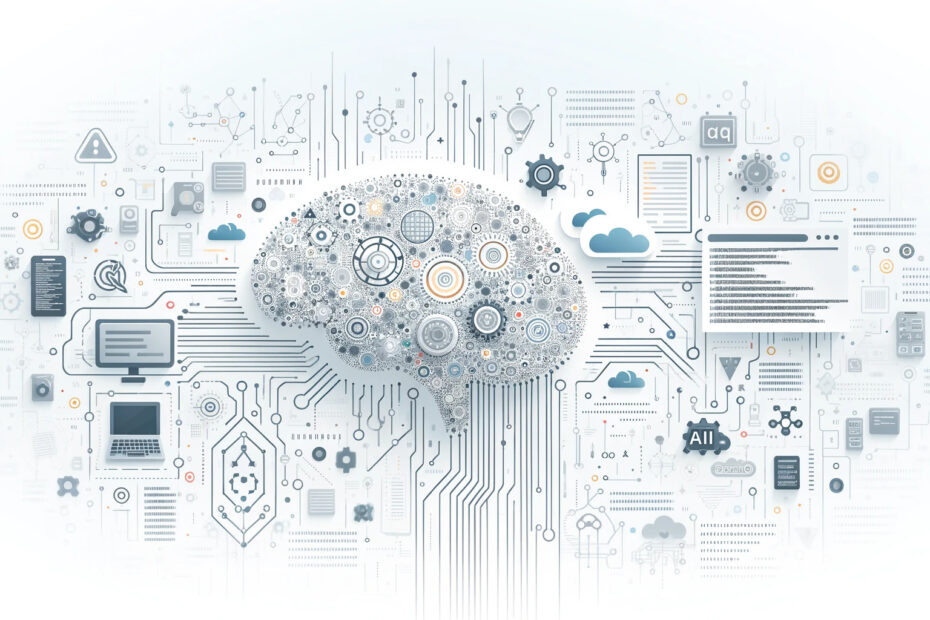In the ever-evolving landscape of technology, artificial intelligence (AI) has emerged as a game-changer, especially in the realm of software development. As we advance into a new era, understanding how AI reshapes our approach to software creation is crucial for any tech enthusiast or professional. In this article, we’ll explore the transformative effects of AI in software development, offering insights into its current applications and future potential.
The Role of AI in Modern Software Development
AI is not just a buzzword; it’s a practical tool that’s reshaping how developers work. From automated code generation to advanced debugging tools, AI algorithms are enhancing efficiency and accuracy in the development process. For instance, tools like GitHub Copilot utilize AI to suggest code snippets, significantly speeding up the coding process and reducing the likelihood of errors.
Enhancing Quality and Efficiency
One of the most significant impacts of AI in software development is its ability to improve product quality. AI-driven testing tools can quickly analyze vast amounts of code, identifying bugs and vulnerabilities that might escape human notice. This not only speeds up the testing phase but also ensures a higher level of software reliability and security.
Personalized User Experiences
AI is also revolutionizing the way software interacts with users. By leveraging machine learning algorithms, the software can now offer personalized experiences, adapting to individual user behaviours and preferences. This level of personalization is becoming a key differentiator in the competitive software market.
Predictive Analysis and Maintenance
Another exciting application of AI in software development is predictive analysis. AI systems can anticipate potential system failures or identify areas that may require maintenance, allowing teams to proactively address issues before they escalate. This foresight minimizes downtime and improves user satisfaction.
The Challenges and Ethical Considerations
While AI presents numerous opportunities, it also brings challenges, particularly in ethics and job displacement. The increasing reliance on AI-driven tools raises questions about data privacy, algorithmic bias, and the future role of human developers. Navigating these challenges responsibly is crucial for the sustainable integration of AI in software development.
Artificial Intelligence is undeniably transforming the landscape of software development. Its ability to enhance efficiency, improve quality, and offer personalized experiences makes it an invaluable asset in the developer’s toolkit. As we embrace this AI-driven future, it’s essential to address the ethical implications and ensure a balanced coexistence of human creativity and machine intelligence.
